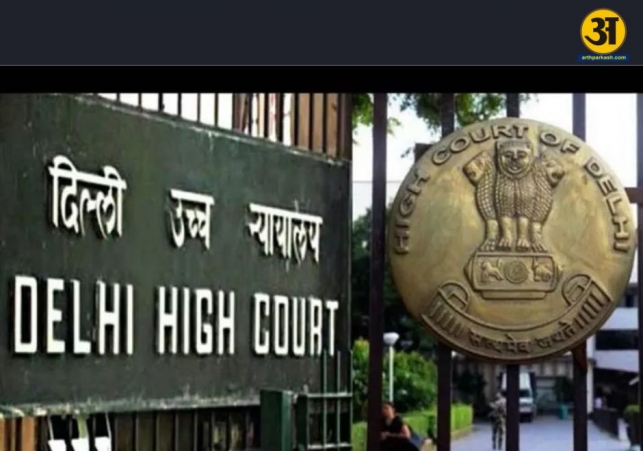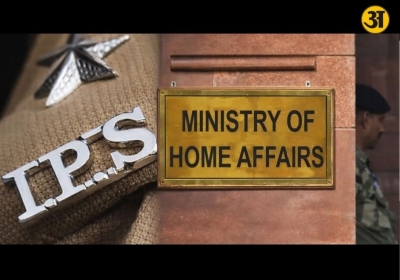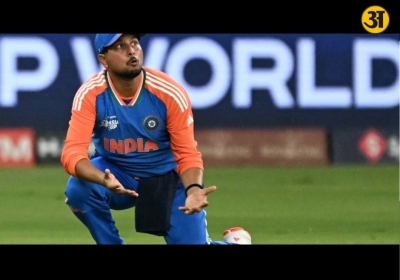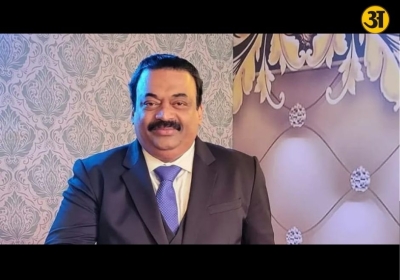
Delhi HC orders fresh CLAT UG 2025 list in four weeks
Delhi HC directs NLUs to republish final CLAT UG 2025 selection list within four weeks
The Delhi High Court has ordered the Consortium of National Law Universities (NLUs) to revise and republish the final selection list of candidates for the Common Law Admission Test (CLAT) Undergraduate 2025. The court has given a four-week deadline to complete this process. This order was issued on Wednesday, April 23, 2025.
A division bench of Chief Justice Devendra Kumar Upadhyaya and Justice Tushar Rao Gedela said that the final result must be corrected and made public again. This includes updating the marksheets of the selected candidates.
The judges said, “After carefully reviewing the details and results, we direct the Consortium to revise the marksheets and publish a new final list of selected students within four weeks from today.” This means the new list must be ready by May 21, 2025.
The court also made it clear that this revised evaluation must apply to all petitioners and appellants who approached the court. It should also apply to all students who answered the specific questions that were under legal review.
The judges said that any student who is eligible based on the court’s findings should be given the appropriate benefit. This will help ensure that no deserving candidate is left out because of incorrect marking or mistakes in the question paper.
The case is related to the results of CLAT UG 2025, the national-level entrance exam for undergraduate law programs at top law universities in India. This exam was held in December 2024. After the result was announced, several students filed petitions claiming there were mistakes in the exam questions. These students demanded that their results be reviewed and corrected.
Errors in question paper
The court had earlier heard multiple petitions challenging the results of CLAT UG 2025. Some students said that there were errors in certain questions, and these errors affected their scores and rankings.
Senior Advocate Rajshekhar Rao, who represented the Consortium of NLUs, presented arguments in court regarding these disputed questions. He also said that the Consortium would submit a detailed summary of the problematic questions and explain how they were handled.
The court took these arguments into consideration and then passed its final order, asking for the result to be revised.
During the hearings, the judges had earlier said that the Consortium must appoint better-qualified experts to create future exam papers. This suggestion was made to avoid mistakes like the ones that occurred in the 2025 exam.
The bench also said that fixing the problems with the undergraduate results is very important. This is because if the results are delayed or incorrect, it can create stress and uncertainty for students who are waiting to get admission into law colleges.
The judges said that they want to deliver their decisions on the undergraduate issues quickly, before the court goes on its summer break. They added that the concerns about UG admissions should be handled separately from the issues related to postgraduate (PG) admissions.
Even though the UG and PG exams are different, one of the petitioners said that some issues — like the high registration fee — affect both exams. So they should be looked at together. But the court chose to handle the UG and PG matters separately to avoid confusion.
Earlier, petitions challenging the CLAT 2025 results were filed in several different High Courts across India. To bring all the cases together and ensure a uniform decision, the Consortium requested the Supreme Court to transfer all the cases to one court.
ALSO READ: JEE Main 2025 result update: NTA releases tie-breaking rules for candidates
ALSO READ: CBSE 10th result 2025: Board exam didn’t go well? Here’s what to do next
The Supreme Court agreed and transferred all the petitions to the Delhi High Court. After that, the High Court appointed a nodal officer to manage the cases. The court registry was also asked to group together the petitions received from other High Courts.
The court's final order means that all students who were affected by the exam errors will now get a fair chance. Their scores will be reviewed, and the merit list will be updated. If any student qualifies after this revision, their name will be added to the final list.
Big relief for students
This order is a major relief for many CLAT UG 2025 candidates who were unsure about their future. Several students had claimed that mistakes in the paper affected their marks and rankings. These mistakes may have kept them out of top law universities.
With this order, the Delhi High Court has ensured that students get a fair and transparent result. It also sends a strong message to the exam authorities to be more careful in the future.
The CLAT exam is one of the most important law entrance exams in India. Every year, thousands of students apply for it to get admission into undergraduate and postgraduate law programs offered by top NLUs.
Errors in such a crucial exam can cause serious problems for students. They may miss out on college admissions or scholarships due to lower rankings caused by wrong answers in the exam.
This is why the court acted quickly and firmly. It also stressed the importance of resolving UG-related cases soon, so students can move ahead with their academic plans without delays.
The judges showed concern about the stress that students were facing. They said that keeping the result issues pending for too long is not good for the students or the admission process.
Going forward, the Consortium will now need to update the evaluation based on the court’s directions. They must publish a corrected merit list, ensuring that all deserving students get their due place.
This process must be completed by May 21, 2025. After that, the admission process can continue based on the corrected list.
Students and their families are now hopeful that this order will bring justice and clarity. Many were anxious after the original result was announced, especially those who believed they were unfairly marked.
Now, with the Delhi High Court's order, the way is clear for a more accurate and fair admission process.





